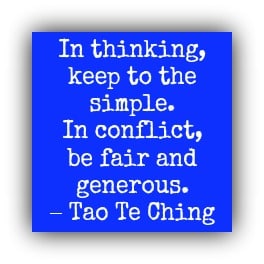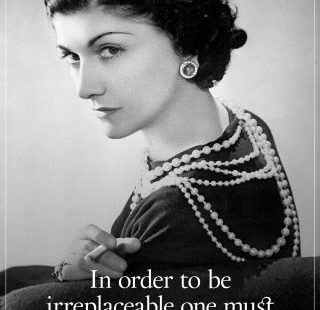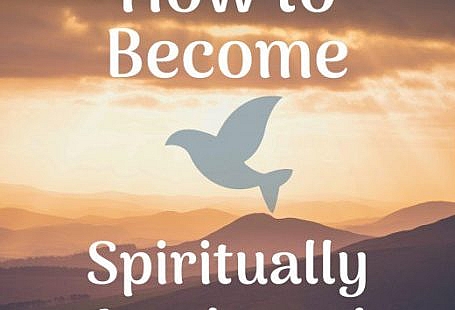In my Conflict Resolution and Mediation class, we reviewed different types of conflict mediation strategies. We focused mainly on transformative mediation, which I’ll briefly describe here. I’ll connect it to divorce mediation (though there are many different types of mediators!).
Key thought: Transformative mediation is a counseling-based approach because it involves relationships, not just settlements or solutions to conflict.
According to my social work professor, moral growth is the essence of the transformative approach to conflict mediation. Since I haven’t professionally mediated a conflict or participated in conflict resolution as a social worker, I have accept this definition as “right.” Plus, he’s the guy marking my papers ![]()
That said, however, I constructed my own definition about the essential core of transformative mediation. It’s not just about divorce mediation, but I used divorce as an example.
What is Transformative Mediation?
Transformative mediation is very different than the problem-solving or “settlement-oriented” style of conflict resolution, which is the dominant approach to mediation today. Problem-solving mediation is focused on obtaining a settlement, such as alimony payments or who gets custody of the kids after divorce (sometimes determined in divorce mediation).
In contrast to settlement-based orientation, transformative mediation is about empowerment and mutual recognition. It’s based on building new understandings of self and situations, critically examining the possibilities, and learning how to make healthy decisions. This is a healthy, holistic approach to divorce mediation because it can change how partners relate to each other after the divorce. How they interact has significant effects on children, families, and others who are affected by the divorce.

In my opinion, the essential core of transformative mediation is the potential change in how people think about and talk to each other. The quality of their interactions and relationships can transform from negative and destructive to positive and healthy. This involves helping clients shift into a strengths-based way of thinking, and empowering them to become aware of and actively apply their values, interests, resources, and capacities to both the crisis at hand (that needs to be mediated) and ultimately to their lives in general.
Transformative mediation can actually change relationships and empower people. Divorce mediators who are trained in this type of conflict resolution have learned how to teach their clients to connect with other each other in different, healthier, more productive ways. Transformative mediation in divorce can be the healthiest part of the marriage!
What my professor says about transformative mediation:
Empowerment has at its core self-love, whereas recognition reflects an orientation of love toward another. If we are to give recognition to others, we first have to love ourselves to the point of being able to stand by our convictions. Thus the root of love is self -love: we cannot love another unless we love ourselves (and the essence of mediation is the mediator – the use of self). Self-love involves a respect for one’s own needs, physical and metaphysical; it includes having faith in ourselves, in the reliability of our principles and convictions. (Can you imagine how love, empowerment, and recognition could affect the outcome of divorce mediation?).
 Empowerment is the ability to articulate our convictions and values. In mediation we allow people to do that with some degree of competence (if transformation is successful). For “empowerment” (strength of self), the ability to take a risk and the readiness to even accept pain and disappointment are essential, according to psychoanalyst Eric Fromm, as opposed to being ruled by fear and insisting on absolute safety and security as primary conditions. “Empowerment” is standing by one’s values, sticking by them even though they may be the target of scorn, and being open in dialogue. (Difficult in divorce mediation, I know).
Empowerment is the ability to articulate our convictions and values. In mediation we allow people to do that with some degree of competence (if transformation is successful). For “empowerment” (strength of self), the ability to take a risk and the readiness to even accept pain and disappointment are essential, according to psychoanalyst Eric Fromm, as opposed to being ruled by fear and insisting on absolute safety and security as primary conditions. “Empowerment” is standing by one’s values, sticking by them even though they may be the target of scorn, and being open in dialogue. (Difficult in divorce mediation, I know).
Recognition in transformative mediation is giving to another, especially the giving of one’s attention and acceptance of the core values, convictions and principles of another human being. It is the giving of one’s interest, knowledge and appreciation. This involves extending oneself: the ability to respond to others’ needs; respect; taking the time to really get to know the other. Fear prevents recognition.
The process of transformative mediation isn’t a quick-and-easy settlement or solution to a problem. It is a long-term process that takes willingness, honesty, and perseverance. I guess divorce transformative mediation is the opposite of marriage counseling, with the same effects.
By the way – my social work professor’s name is Edward Kruk; he teaches and researches at UBC. He is the author of The Equal Parent Presumption: Social Justice in the Legal Determination of Parenting After Divorce, and blogs at Psychology Today.
Have you had any experience with transformative mediation or divorce mediation? I welcome your thoughts below.




